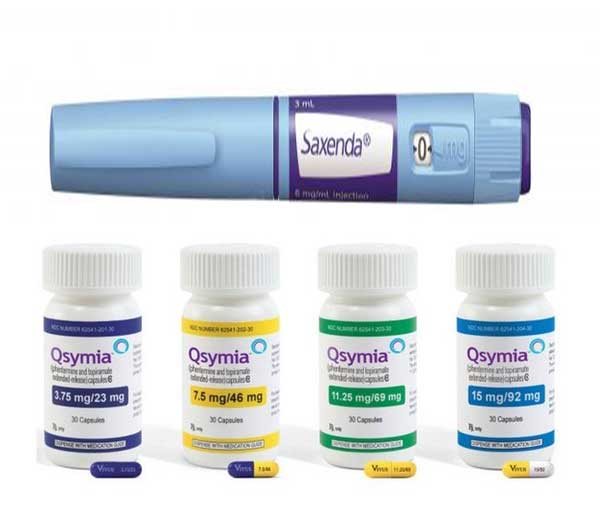The growth of Alvogen Korea's obesity treatment Qsymia, which had been competing for a top market share with Novo Nordisk's Saxenda, is slowing down.

Industry watchers attribute the relatively weaker performance of Qsymia to the absence of indications for obese adolescents aged 12 or older.
Saxenda obtained the permit to treat obese adolescents between the ages of 12 and 18 from the Ministry of Food and Drug Safety in December, a year after the treatment won the same indications from the U.S. FDA in 2020.
Qsymia obtained FDA approval to treat obese adolescents over 12 years of age in June but Alvogen Korea has yet to secure the indication in Korea.
Since Saxenda first secured the indication last year, Qsymia has not been able to keep up with Saxenda's sales this year.
According to IQVIA, a pharmaceutical market research company, Qsymia sales recorded 14.16 billion won ($10.3 million) in the first half, up 10 percent from the same period last year.
However, during the same period, Saxenda solidified its leading position as prescriptions increased by 54.7 percent, from 16.68 billion won to 25.82 billion won.
Alvogen Korea has threatened to overtake Saxenda’s leading position with Qsymia since the release of Qsymia in 2020, citing the latter’s various advantages.
Unlike Saxenda, which needs to be administered by injection every day, like insulin, Qsymia is a tablet that patients can take orally only once a day.
Qsymia is also a lot cheaper than Saxenda, as Qsymia costs around 150,000 won a month compared to Saxenda's 300,000 won.
As a result, Qsymia created a big splash during the first year of its launch after recording annual sales of 22.48 billion won, which was about 60 percent of Saxenda’s sales (36.83 billion won) that year.
In the first half of last year, Alvogen Korea increased Qsymia sales to 77 percent of Saxenda's total sales.
However, after Saxenda acquired indications for adolescents at the end of 2021, Qsymia’s sales only managed to be equal to 55 percent of Saxenda's sales in the first half of 2022.
Pharmaceutical industry officials said it will be important for Qsymia to obtain approval for the treatment of obese Korean adolescents.
However, it is unclear whether Qsymia will be able to expand indications for adolescents because the Korean regulator classifies phentermine, Qsymia's main ingredient, as a narcotic. This means Qsymia is strictly regulated in Korea and can only be prescribed by those over the age of 16.
According to the FDA, hospitals should closely monitor patients taking Qsymia for mood swings, depression, and suicidal thoughts, as the treatment is associated with suicidal behavior and thoughts. The FDA recommended immediate discontinuation of the drug if such symptoms develop.

